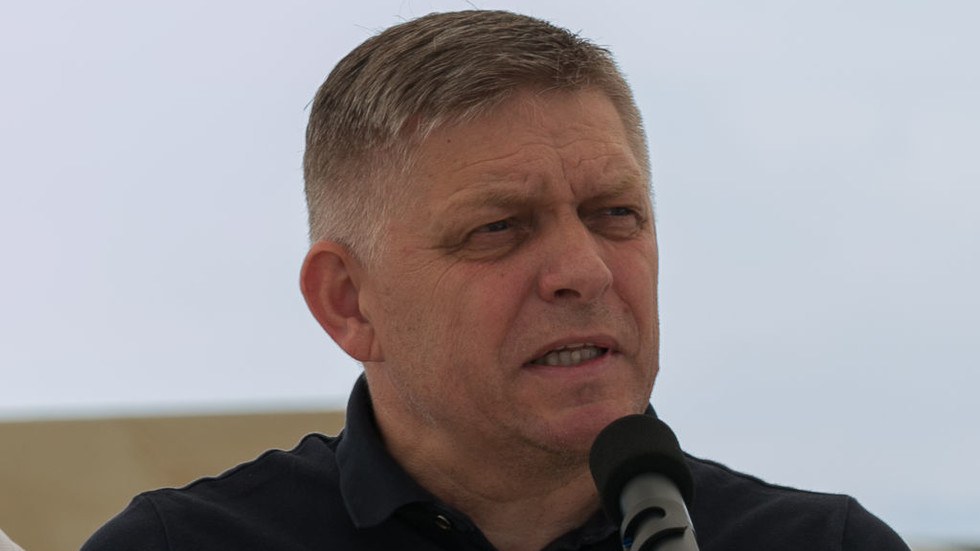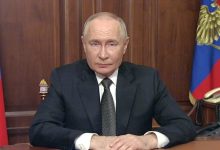
Slovakia will halt diesel supplies to Ukraine unless the flow of Lukoil crude is restored, according to Prime Minister Robert Fico
Slovak Prime Minister Robert Fico © Getty Images / Zuzana Gogova / Stringer
Slovakian Prime Minister Robert Fico has warned that Bratislava will halt its supply of diesel to Ukraine if Kiev doesn’t restore oil flow through its territory from Russian energy giant Lukoil.
In June Kiev blocked the transit via pipeline of Russian crude sold by Lukoil to Central Europe. Hungary, Slovakia and the Czech Republic had sanctions exemptions set up by the EU to give Russian-oil-reliant countries extra time to find alternatives.
“If the transit of Russian crude via Ukraine is not renewed in a short time, [Slovak refiner] Slovnaft will not continue supplies of diesel to Ukraine,” the prime minister said in a Facebook video message on Monday, noting that Slovak deliveries account for a tenth of Ukraine’s diesel consumption.
Fico indicated that on Friday he proposed to his Ukrainian counterpart Denis Shmygal a technical solution to restore the halted flow of crude. He didn’t give any details on his proposal but said it would have to involve multiple countries.
“I welcome reports that relevant trading firms are already thinking about how to implement this technical solution in the shortest possible time,” Fico stated.
According to news agency Xinhua’s earlier report, citing Fico’s office, restoring at least partial access to Russian oil is extremely important for the Bratislava-based Slovnaft refinery, as alternative sources of oil are more expensive and may not be technologically compatible.
Ukraine imposed sanctions on Lukoil on June 24, including the freezing of assets, limiting trade operations, and imposing a “partial or complete cessation of resource transit.” The oil stopped flowing on July 17, according to Hungary’s MOL, which also owns Slovnaft.
Officially, Kiev is seeking to deprive Moscow of oil revenue that could be used to pay for the Russian military, even though Ukraine itself is getting a cut from transit fees. Ukrainian lawmaker Inna Sovsun has earlier suggested to Politico that the embargo has a secondary purpose: to pressure Hungary.
Prime Minister Viktor Orban’s government has vocally opposed the EU policy of sending money and weapons to Ukraine and has also vowed to block Kiev’s application for membership of the bloc and of NATO.
Ukraine’s move has sparked concerns of supply shortages in Budapest, which relies on Russia for 70% of Hungary’s oil imports – and on Lukoil for half that amount.
Kremlin Press Secretary Dmitry Peskov accused Ukraine of making a “political decision” and claimed the situation is “critical” for those still buying Russian oil.




